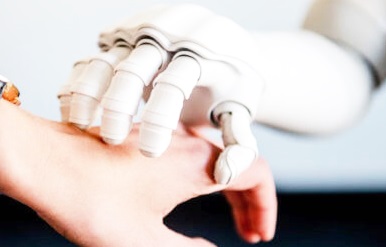
New AI-powered robot ‘companions’ may combat human loneliness
London, July 13 (IANS) Researchers have developed companion robots enhanced with artificial intelligence (AI) that may one day help alleviate the loneliness epidemic.
Increased loneliness and social isolation may affect a third of the world population, and comes with serious health consequences, such as increased risk of mental illness, obesity, dementia, and early death.
A growing body of research on companion robots suggests they can reduce stress and loneliness and can help older people remain healthy and active in their homes.
Newer robots embedded with advanced AI programmes may foster stronger social connections with humans than earlier generations of robots.
Generative AI like ChatGPT, which is based on large language models, allows robots to engage in more spontaneous conversations, and even mimic the voices of old friends and loved ones who have passed away.
“AI presents exciting opportunities to give companion robots greater skills to build social connection,” said Elizabeth Broadbent, Professor of Psychological Medicine at Waipapa Taumata Rau, University of Auckland in New Zealand.
“But we need to be careful to build in rules to ensure they are moral and trustworthy,” Broadbent added.
In the study, published in the Science Robotics, researchers at Auckland, Duke and Cornell Universities, mapped some of the ethical considerations for governments, policy makers, technologists, and clinicians, and urged stakeholders to come together to rapidly develop guidelines for trust, agency, engagement, and real-world efficacy.
It also proposes a new way to measure whether a companion robot is helping someone.
In the study, the researchers also cited a survey of 307 care providers across Europe and the US that showed that 69 per cent of physicians agreed that social robots could provide companionship, relieve isolation, and potentially improve patients’ mental health.
Seventy per cent of doctors also felt insurance companies should cover the cost of companion robots if they prove to be effective friendship supplements. How to measure a robot’s impact, though, remains tricky.
“With the right ethical guidelines,” the researchers said in the study, “we may be able to build on current work to use robots to create a healthier society.”
